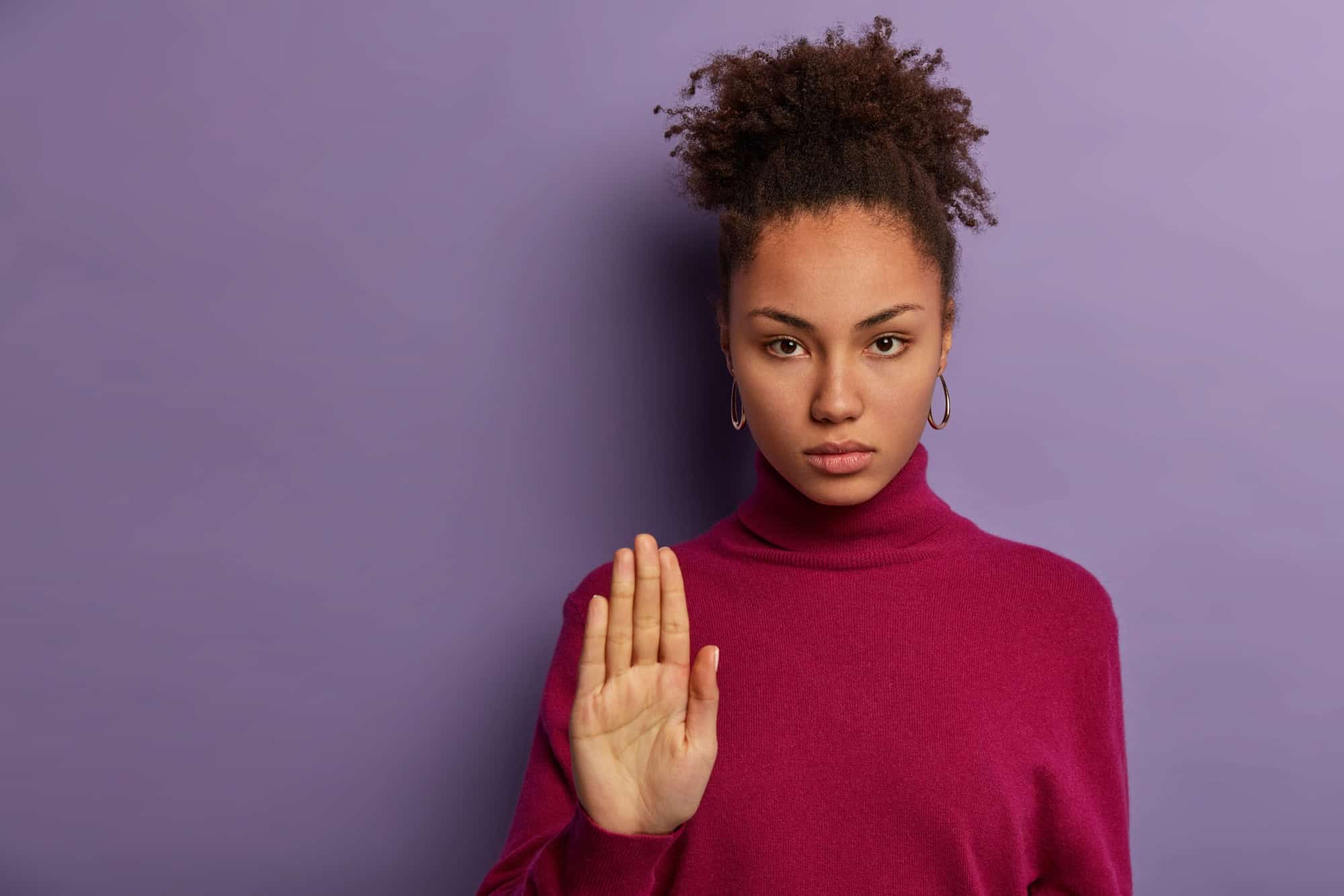
The Minister of Police, Mr Bheki Cele announced that gender-based violence in South Africa has almost tripled. The sad reality is that this number has grown exponentially since his statement. These statistics may come as no surprise to many. The media headlines were mostly dominated by cases of women and child abuse. It would be ignorant for us to think that these cases of abuse would mysteriously disappear. In many cases, the abusers are usually close relatives of the victim and often reside with their victims in the same household.
Many women being abused have some relief when they go to work, church or family gatherings not only because they can confide in people at these public gatherings, but also because people in close contact with the victim may notice obvious signs of abuse and report it to the necessary authorities themselves. Children, likewise, usually have close friends or a teacher that they may confide in or who may raise the alarm on their behalf, if abuse is suspected.
Many victims of abuse may think that there is no help available to them, however, this is not the case. The South African Police Services, as well as the court officials, are classified as essential services and are readily available to assist you. The Courts consider cases of abuse as urgent matters and will immediately assist you should you approach it.
Gender-based violence (GBV) is a pervasive issue in South Africa, affecting various aspects of life. Recognizing the signs of abuse is crucial for individuals to seek help. Here are key insights into GBV in South Africa:
- Prevalence of GBV: GBV is a widespread problem deeply ingrained in homes, workplaces, cultures, and traditions in South Africa, impacting almost every aspect of life[1][2].
- Staggering Statistics: South Africa has alarmingly high levels of violence against women, with reported cases of rape and other forms of GBV. Cultural gender inequality contributes to this epidemic[3][4].
- Educational Initiatives: Efforts are being made to curb GBV, including educational programs targeting young boys and addressing cultural gender disparities[5].
- Health Impact: Studies reveal the health implications of GBV, showing that women in abusive relationships are more likely to be infected with HIV, highlighting the interconnectedness of health and violence[6].
If you are being abused or know of someone being abused, here is a list of emergency numbers, operational 24/7, 7 days a week:
- Gender-Based Violence Command Centre can be contacted at 0800 428 428/ *120*7867# from any cell phone.
- Persons with disabilities can SMS “HELP” to 31531
- Women Abuse Helpline: 0800 150 150.
- Tears Foundation helpline: *134*7355#
Report abuse immediately, let’s work together to “flatten this curve”.
For more information or assistance to report abusers, don’t hesitate to contact us.


Recent Comments